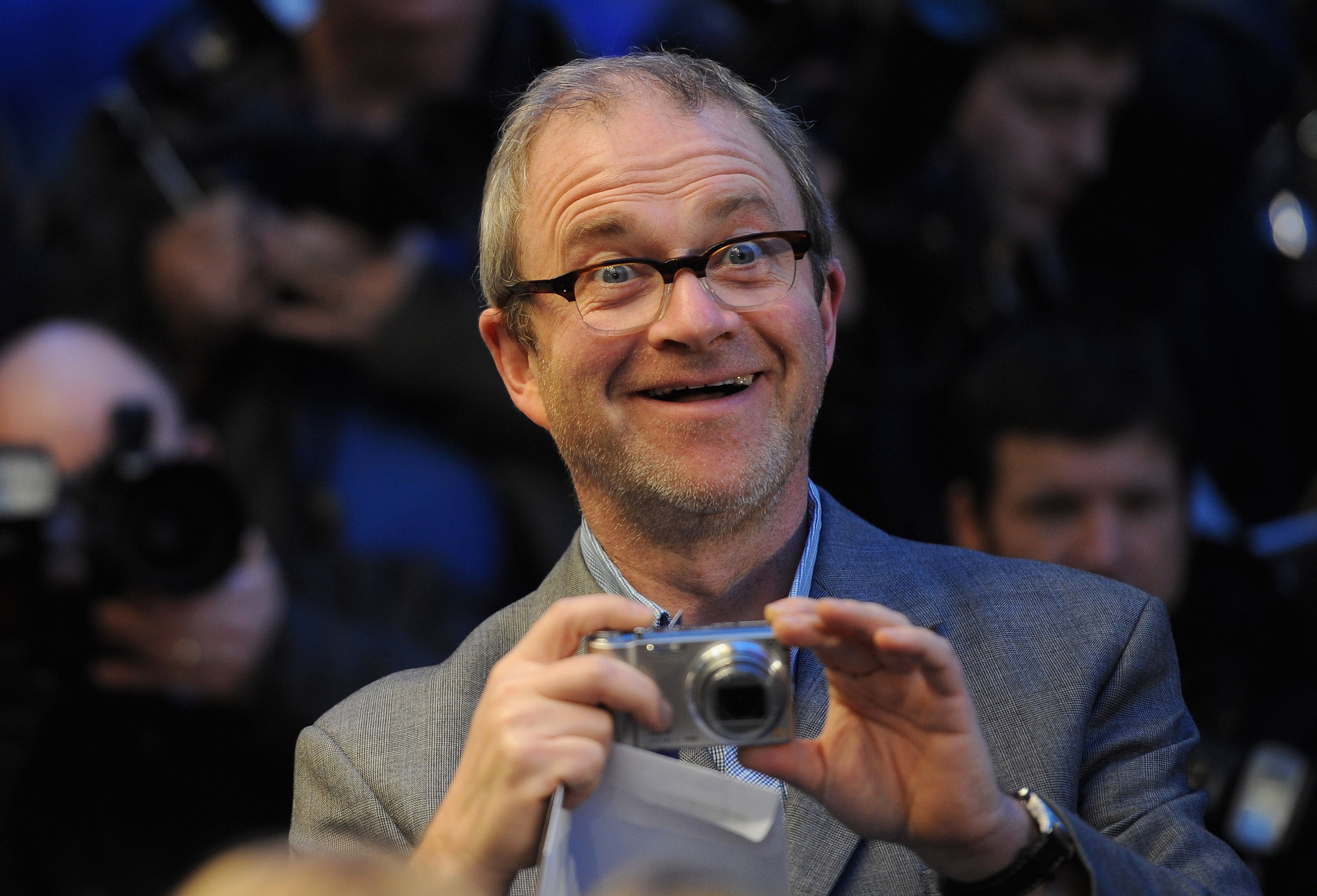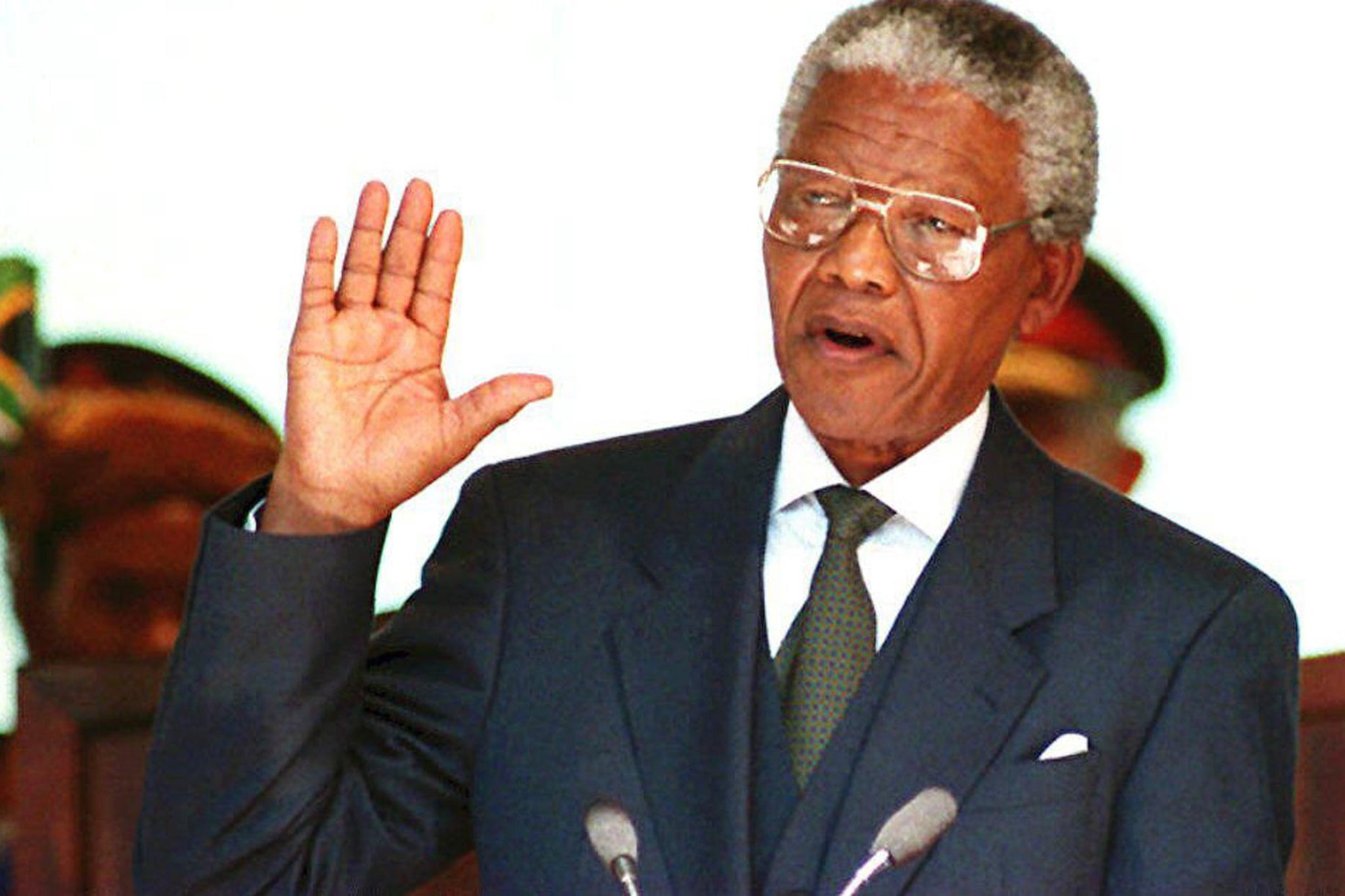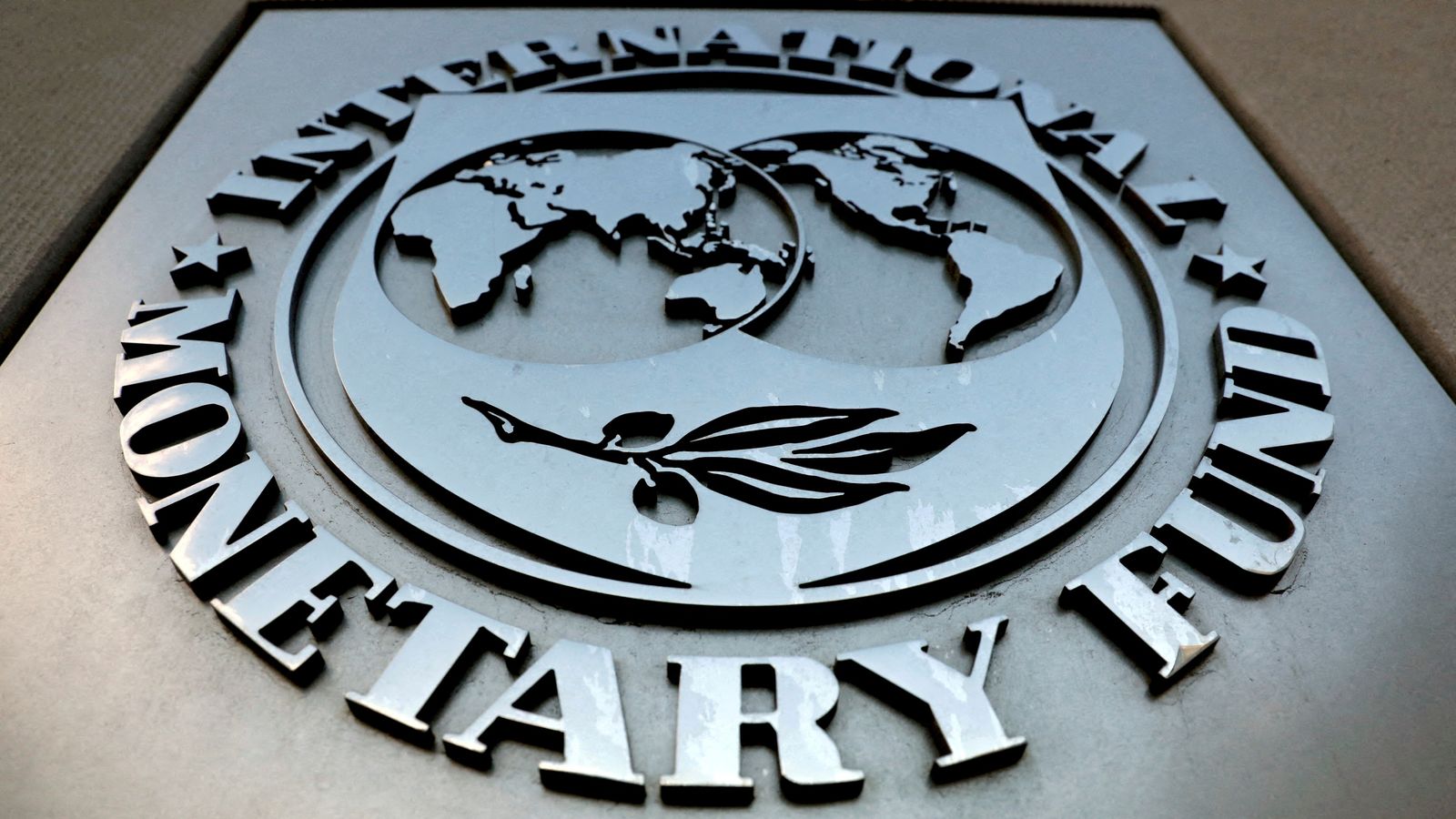Comedian Harry Enfield has defended a controversial sketch where he portrayed Nelson Mandela, claiming “ cultural imperialism” was to blame.
The 64-year-old played the late South African president in a 2007 skit on the short-lived BBC sketch show Harry & Paul.
Mandela, often considered to be one of the most inspiring figures in history, was controversially re-envisioned as advertising alcohol, heroin and cocaine in the joke, which inevitably drew backlash.
“I did get in trouble a bit for doing Nelson Mandela. What's that called, Black voicing now?” said Enfield on The Third Act podcast.
“Anyway, we used to be what was called blacked up, but cultural imperialism has taken the phrase 'Blackface' from America, where there is a very different culture.”
Expanding on the idea behind the sketch, Enfield said that it was inspired by Homeland actor David Harewood, who had resorted to working in the US as he had been typecast as “robbers, muggers, and bad people” in the UK.

“I thought, well, Nelson Mandela is the only person in the world that is sort of universally loved,” Enfield explained. “And I thought, that's funny – the idea of Nelson Mandela, if he's on the BBC, he has to be a mugger or a robber or a drug dealer.
“So I had him say, 'Do you like crack? Do you like smack? Then you will love my smack and crack party bag. You can steal your mother's jewellery to pay for it.''
He added: “It seemed to me so absurd no one would possibly take offence and think, why are you doing it?
“But the only thing that really offended them wasn't that it was that, but it was me doing it – and not someone with a different coloured skin. I get it now. I wouldn't do it now, but it's a shame.”
Enfield’s comments come five years after he defended wearing Blackface for the sketch.
“I thought, who is my hero? Nelson Mandela, who I had the pleasure of meeting once, and what’s the stereotype of Black people? Well, at the time there was a lot of things in the papers about drugs, so I made him a drug dealer or a peddler of alcopops for children and things like that, which I thought was so wrong that it was right,” he told BBC Radio 4’s Today programme in 2020.
Asked by presenter Nick Robinson whether he understood that Blackface has a historical connotation of demeaning and undermining Black people, Enfield said that he did not intend to cause offence.

“Let me tell you, Nick, obviously Al Jolson or GH Elliot, who played the Chocolate Coloured C**n in the 1930s – they perpetuated the myth of the happy negro who was just very happy to sing under the crack of the whip, the American whip or the British imperial bayonet and obviously that’s deeply offensive and always will be.”
Robinson then interrupted, reminding Enfield that the terms he used were potentially offensive and should not be repeated.
“Just to be clear, Harry, because there will be people offended by that term you just used,” Robinson said. “You’re using it in inverted commas. Let’s not repeat it, but it’s a term that was used at the time.”
“Well, that was his name on stage,” Enfield replied. “But I’ve played Margaret Thatcher, John Major, Tony Blair, David Cameron – four prime ministers. Say Rishi Sunak became prime minister, I would find it difficult that I would not be allowed to play him because of the colour of his skin.”

.jpeg)

















.jpeg)













 English (US) ·
English (US) ·